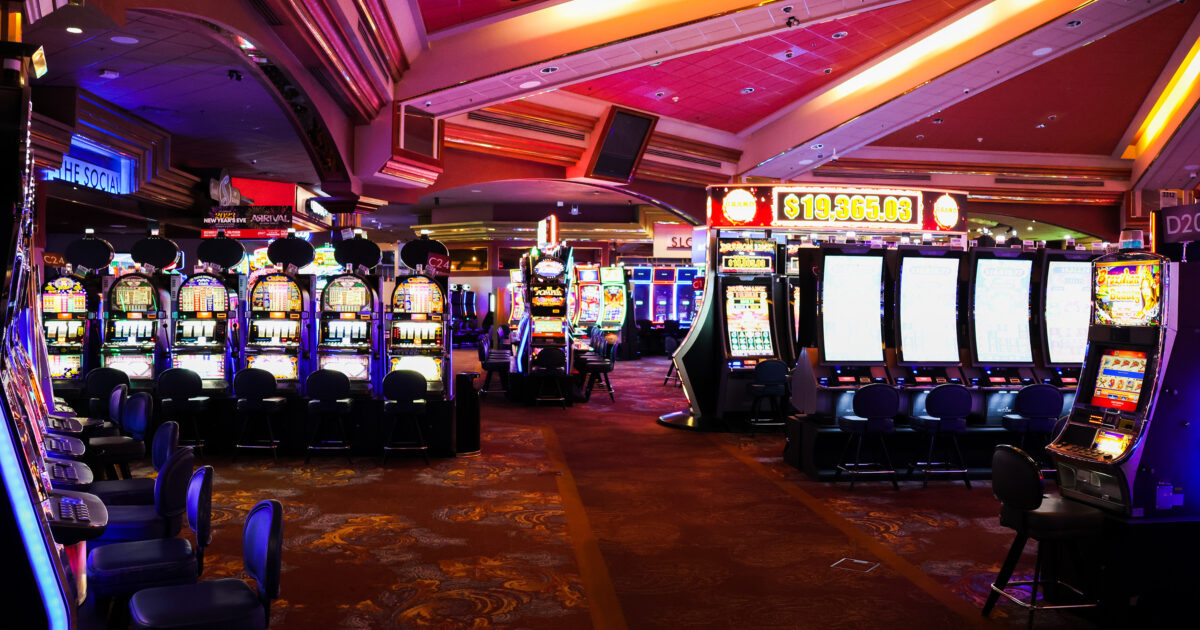
The world of leisure has seen many transformations over various years, but not many have captured the imagination and excitement of players like casino games. Emerging in the vibrant halls of Las Vegas and Atlantic City, these entertainments have moved beyond boundaries and societies, becoming a global phenomenon. Whether in the bright lights of a luxury resort to the convenience of virtual platforms, the allure of casino games is undeniable, luring millions into a world of chance and tactics.
As an increasing number of nations accept betting in various forms, the influence of American casino games is evident. They have not only influenced local gaming industries but have also inspired countless adaptations and innovations worldwide. Classic games such as poker and the blackjack, along with new variations, have created a shared language of entertainment that resonates across diverse populations. The mix of gambling risks, reward, and social interaction found in these activities fosters a unique sense of belonging, further cementing their place in the global entertainment sphere.
Historical Summary of American Gambling Games
U.S. casino gambling activities have a rich and colorful past that reflects the societal evolution of the U.S.. The origins of these activities can be traced back to various European gambling traditions introduced over by settlers. Games like the poker game, the blackjack game, and the roulette game worked their way into the fabric of American society in the 19th century, gaining popularity in saloons and riverboats. These places provided the ideal backdrop for community engagement and competition, laying a strong basis for casino gambling as we know it today.
As the country moved westward, gaming developed in tandem with it. The Gold Rush era in the mid1800s witnessed the rise of gambling communities such as Deadwood and Tombstone, Arizona, where gambling activities were played with high stakes, frequently accompanied by an air of lawlessness. This period set the stage for the formalization of casino gambling in the early 20th century, notably with the establishment of Las Vegas as a gambling hotspot. The construction of opulent casinos transformed the gaming landscape, establishing an environment where games could flourish and attract tourists from around the world.
In recent decades, the approval of casino gambling in multiple states has further diversified the range of activities available. U.S. casinos now feature a combination of traditional gambling activities and new offerings that serve to contemporary players. This expansion has enabled for a distinct fusion of old and new, enabling the ongoing development of casino culture in the U.S.. The international influence of these activities has also contributed to their incorporation into global gambling markets, showcasing the enduring impact of U.S. casino gambling activities around the globe.
Global Popularity and Impact
The rise of U.S. gambling games has marked a notable change in the international gaming landscape. design company With their appeal crossing boundaries, these games have enthralled players around the globe. From Texas Hold’em tournaments to slot machines, U.S. styles have established a home in many global casinos. This transference of culture highlights how adaptable and compelling these games are, tailoring to local tastes while preserving their classic American charm.
Moreover, the influence of these titles extends beyond traditional gambling establishments. Digital platforms have played a crucial role in promoting U.S. casino titles, making them available to players worldwide. The ease of online gambling has brought millions to experiences that were once confined to physical casinos. Players can now play their favorite games from any location, sparking a fresh wave of enthusiasm and growing the gamer base significantly.
This widespread acceptance is also reflected in the integration of American casino titles into local traditions. Countries that have embraced these games often host their own adaptations and tournaments, blending local customs with American gambling traditions. This blend not only enhances the gaming experience for participants, but it also underscores the strong impact that U.S. gambling games have on both entertainment and community engagement across various cultures.
Social Adjustments and Improvements
Casino games have undergone significant evolutions as they expanded across various societies. Each region has taken in features of American gambling while adding its own customs and practices. For example, the rise of digital casino platforms has allowed for the inclusion of local flavor into classic titles like poker and 21. Players now experience variations that incorporate regional betting styles and unique rules, making the games more relatable and inclusive for different crowds.
In numerous countries, the appeal of gambling games has resulted to the creation of localized versions that showcase cultural themes and stories. This flexibility has opened doors for innovative game development that connects with players on a individual level. Slot machines, for instance, now showcase visuals and sounds that celebrate local heritage, folklore, and popular culture, which in consequently improves the gaming adventure and fosters a feeling of community among players.
Additionally, the global impact of American casino games has inspired new game formats and blended formats. https://69vn.travel/ Some establishments have merged traditional gambling with amusement aspects, such as live performances or engaging tech, leading to a more engaging experience. These developments not only draw a wider audience but also ensure that the essence of gambling continues to evolve, connecting gaps between diverse cultures while preserving the thrill that gambling games are known for.
